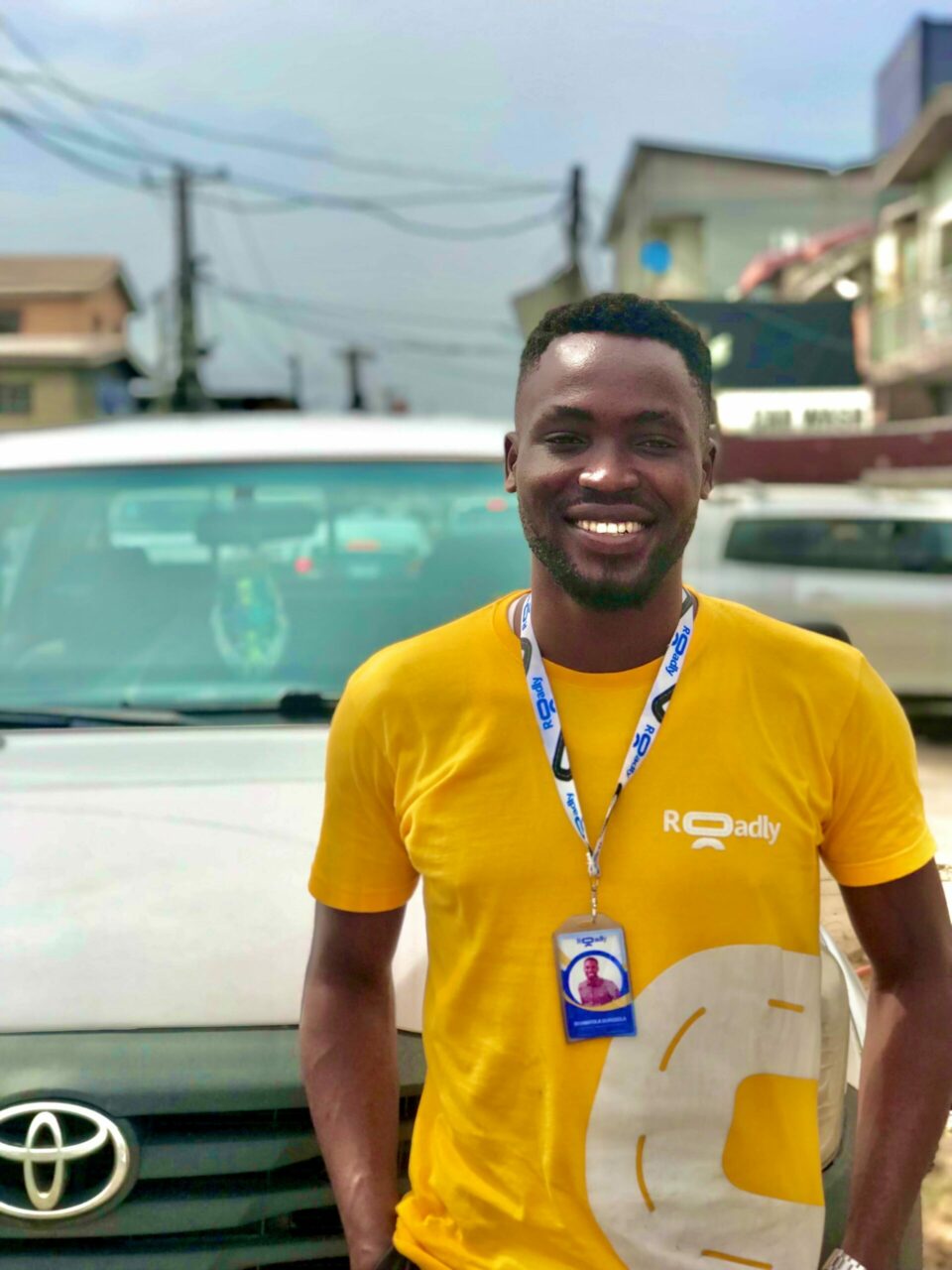For most Nigerians, getting from one place to another is dependent on road infrastructure, and despite the poor road networks that contribute to hazardous traffic conditions, there are about 12 million vehicles on Nigerian roads. According to Country Reports, the average road user in Nigeria rarely finds convenient intercity roadside assistance in the event of getting stranded or breaking down. And it's been that way for some time. Road users have had to put up with poor services, erratic pricing structures, extortionate middlemen, and a lack of reliability when it comes to seeking aid on and off the road.
The National Bureau of Statistics reports that between January and March 2022, there were 3,345 traffic accidents nationwide that resulted in 1834 fatalities. These sombre numbers are made even worse by the rising mortality toll among injured drivers, passengers, and pedestrians. Road accidents are on the rise daily, primarily due to people failing to follow traffic regulations, which could have been avoided with proper driving education.
In addition to these problems, vehicle registration and document retrieval take longer than expected. The system has turned into a 'give-and-take' arrangement that delays and extorts Nigerians hoping to get their vehicles moving. In some cases, this process can take months to complete.
The majority of the 12 million cars estimated to be on Nigerian roads are breaking down daily, worsening traffic congestion. Despite this, Nigeria does not have an AI-powered marketplace of roadside service providers with quality service delivery skills.
This is where Roadly comes in.
The Roadly Story
Many Nigerians have shared stories about being stranded, sometimes late at night, with no access to affordable options for assistance.
One person describes being stranded on Third Mainland Bridge as one of the most nerve-wracking experiences of his life. While waiting on roadside assistance for hours due to a flat tyre, some hoodlums brought his physical safety into question and demanded exorbitant costs to simply tow his vehicle.
Another person, in recounting her experience, told Techpoint, “Picture this. As a woman, you’re alone in a somewhat dangerous place at night and the only option that guarantees your safety is paying what is being demanded. No one should have to go through that fear. I just wanted to go home to my family.”
In an experiment, the Roadly team embarked on the quest of counting the number of broken-down cars they noticed while commuting. Currently, the investigation has not been completed.
A member of the Roadly team also dealt with a roadside issue, but hers was a bit different. It took her a long time to find a driving school near her since she felt it was ideal for learning to drive in a formal setting. After all, learning from a professional would decrease the chances of traffic violations and accidents. She found it challenging to locate driving schools or instructors willing to take her through the rudiments of driving.
Nigerians are also not accustomed to attending driving schools to learn how to drive. This is not without reason. The service condition of driving schools has been questioned by some Nigerians while others claim it is not convenient due to busy schedules or affordable due to the rising inflation.
Other Roadly team members have attested to how much of a hassle vehicle registration is in this part of the world. It can be hard to speed up processes when officials say, “Oga mi, bring something. Aunty, drop something,” and one does not, in fact, ‘bring something’. If people refuse to pay the extra amount, they would have to wait months before obtaining their documents.
How Roadly Works
Roadly is designed to solve the problem of inaccessible roadside assistance and daunting challenges in roadside mobility. With Roadly’s platform, users can easily access roadside assistance such as towing, flat tyre repairs, battery fixes, car wash and even driving tutors without having to go through inefficient processes of accessing them.
Roadly doesn’t just allow road users to request assistance or services; they can also attend virtual driving classes and get their vehicle papers delivered to them (as opposed to physically picking them up).
Users pay a cheap membership fee that helps them subsidize whatever cost they may have to bear for roadside needs. Currently, there are 3 membership plans; the freeway plan which provides customers with access to basic car washes; the one-way plan, which addresses basic Roadly needs like detailed car wash and unlimited flat tyre fixes; and the highway plan, which enables users to access unlimited car washes, tyre replacement, full car breakdown cover, private pickup during emergencies, fuel delivery, free delivery of autoregistration documents and notification of users on any change in law or document requirements.
To access Roadly services, potential users can sign up via the website, pay the membership fee, and then request from the options available whichever services they need, when they need them.
Redefining Roadside Assistance and Mobility
Roadly’s idea is simple: enable road users to access services at a lower cost without breaking their backs. So they built an AI-powered marketplace to connect road users and roadside assistance providers, driving enthusiasts and driving educators, vehicle owners, and vehicle documentation officers. This way, they could have access to timely and quality service delivery, while worrying less about their pockets and what to do when stranded on the road.
“Think of Roadly as a marriage between Eden and Uber—a combination of all the service platforms out there—but now for roadside needs,” Omolola Okunlola, Operations Lead at Roadly told Techpoint. “Our network of Roadside Service Providers (RSPs) allows us to cater to roadside assistance. These RSPs are professionals like car wash organizations, tyre technicians (otherwise known as vulcanizers), tow truck operators, driving instructors, and many more who have been trained to receive assistance requests and quickly jump into action to deliver. We also work with a handful of partners like driving schools, vehicle licensing agencies, insurance companies, government offices, and mechanical companies to ensure that for every road-related problem people encounter or any service they need, there’s a solution.”
In terms of Roadly’s benefits, it’s not just the members who have bragging rights. The RSPs also gain access to financial/investment opportunities and digital training that helps scale their businesses. The Roadly training program prepares them to better assist customers in need of Roadly's services, and to boost the morale of RSPs, the company also empowers and rewards the hard work they do.
Expansion Across Africa
Roadly's quest to redefine roadside mobility begins with Lagos. However, the company plans to grow, cover the whole of Nigeria and eventually, stretch to accommodate other parts of Africa in 2023.
The automotive industry can’t reach its full potential if downstream issues like inaccessibility to quality roadside assistance and delays in automotive processes aren’t addressed. With its expansion into more African cities and beyond, Roadly aims to become the ecosystem for road-related solutions.
For more information about Roadly, visit their website at www.useroadly.com or follow them on:
Instagram: https://instagram.com/useroadly
Twitter: http://www.twitter.com/useroadly
Facebook https://www.facebook.com/useroadly





















